In the Pacific Northwest, are most sedges/rushes perennial?
questioner
16 years ago
Related Stories
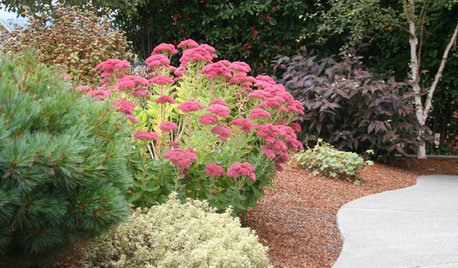
GARDENING GUIDESPacific Northwest Gardener's August Checklist
Deadheading perennials, cutting raspberry canes and preparing for the onion harvest keeps Northwest gardeners busy in August
Full Story
GARDENING GUIDESPacific Northwest Gardener: What to Do in July
Deadheading spent flowers, keeping up with watering and starting seeds indoors are the biggest gardening tasks for July
Full Story0
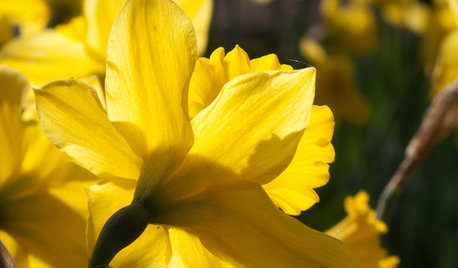
GARDENING GUIDESPacific Northwest Gardener's October Checklist
Break up tidying time by planting spring bulbs, tending to veggies and giving leaves a rich new life
Full Story0
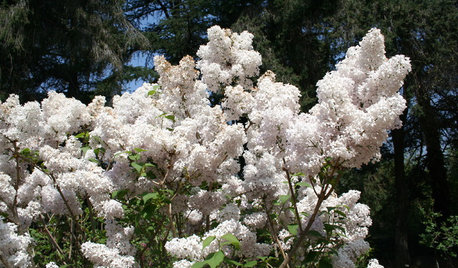
REGIONAL GARDEN GUIDESPacific Northwest Gardener: What to Do in April
Get ready for annual flowers and watch out for snails to ensure a bountiful garden now through summer
Full Story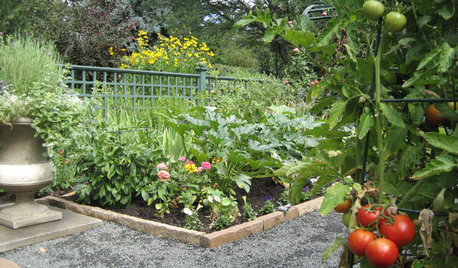
GARDENING GUIDESPacific Northwest Gardener: What to Do in June
Now's the time to prune pines and vines, prevent pests and buy June-blooming plants to keep your garden healthy and beautiful
Full Story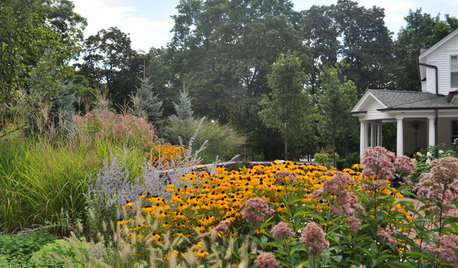
GARDENING GUIDESPacific Northwest Gardener: What to Do in September
Put in cool-weather veggies, fertilize your lawn and tidy the garden this month before chilly weather arrives
Full Story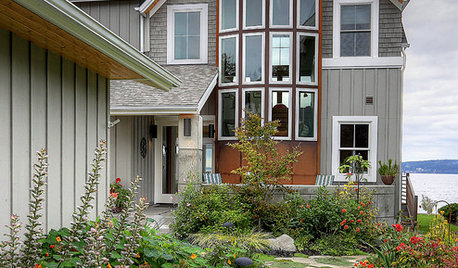
CONTEMPORARY HOMESHouzz Tour: Coastal New England Style Meets Pacific Northwest Modern
Homeowners ease into retirement in this Camano Island home, enjoying seaside views, cooking and gardening
Full Story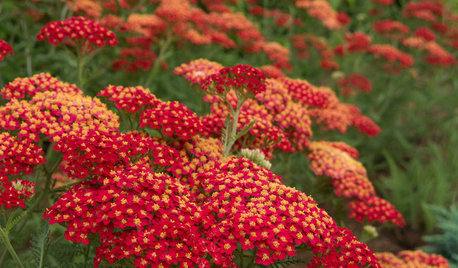
GARDENING GUIDESTop 12 Summer-Blooming Perennials for Deer-Resistant Drama
Can you have garden color, fragrance and exciting foliage with hungry deer afoot? These beauties say yes
Full Story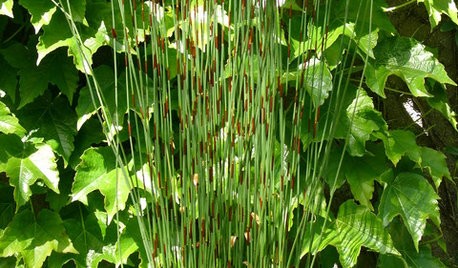
GARDENING AND LANDSCAPINGGreat Design Plant: Cape Rush
Versatile and adaptable, this low-maintenance ornamental grass provides an element of calm
Full Story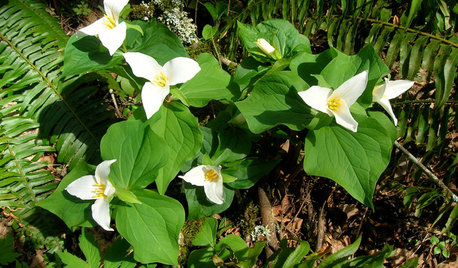
GARDENING GUIDESGreat Design Plant: Trillium Ovatum
Early-blooming Pacific trillium welcomes spring to woodland gardens in the Pacific Northwest
Full Story





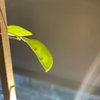
pineresin
gardengal48 (PNW Z8/9)
Related Professionals
West Chester Landscape Architects & Landscape Designers · Doctor Phillips Landscape Contractors · Eagle Landscape Contractors · Holtsville Landscape Contractors · Kettering Landscape Contractors · Las Vegas Landscape Contractors · Methuen Landscape Contractors · Overland Park Landscape Contractors · Pleasanton Landscape Contractors · San Benito Landscape Contractors · Alsip Fence Contractors · Coral Gables Fence Contractors · Daly City Fence Contractors · Hermosa Beach Fence Contractors · Severna Park Fence Contractorsronalawn82